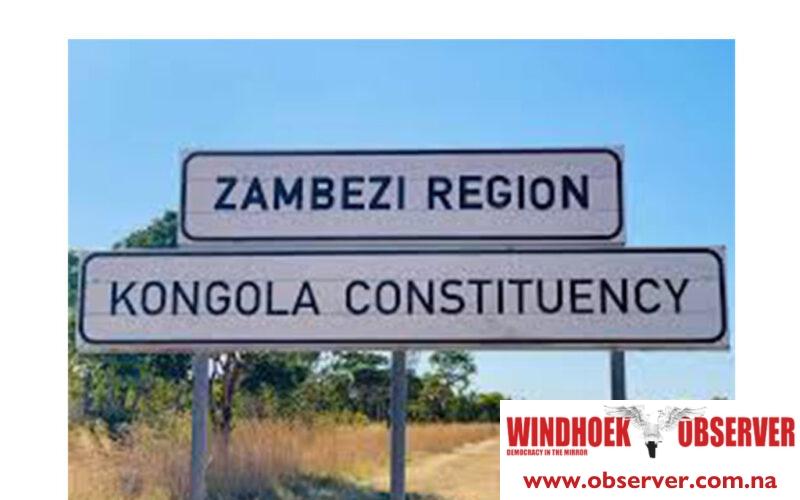Martin Endjala
Some residents of the Zambezi region removed the regional border signboard on Wednesday to express their dissatisfaction with the border between the Kavango East region and their region.
The residents handed over the signboard to the Boundary Delimitation Commission during a consultation meeting at Katima Mulilo early this week.
The residents told the commission that they would not wait for the commission to affect the change.
The leader of the Zambezi Development Association, Blessing Manda, told the commission that they have been calling for the restoration of the old regional border for many years but to no avail.
“We realise that the only person who can help us is President Nangolo Mbumbu because this commission is not capable of helping us. So we are removing this signboard and giving it to you so that you can take it to him. We cannot be slaves in our region,” he argued.
The residents are also demanding the restoration of the region’s original name, Caprivi.
When the new regional name came into effect in 2013, some residents also rejected it.
A group calling itself ‘Concerned Caprivians’ made up of former members of the Caprivi African National Union (CANU) as well as the president of the National Democratic Party (NDP), Martin Lukato, rejected the decision of the 4th Delimitation Commission on the grounds that it would cause disunity among the inhabitants of the region.
“The name change from Caprivi to Zambezi is destined to destroy our identity and history. To rewrite the history of Caprivians should not start and be based on the name change, as there is history pointing to other regions, states, and organisations still bearing colonial names such as Colombia, the Philippines, America, Venezuela, and even Swapo and Windhoek,” the group said at the time.
The Zambezi Regional Governor, Lawrence Sampofu reiterated that the signboard was put up by the law and that it can only be removed by order of the law.
He urged the residents to respect the law regarding changing names and not resort to unlawful practices.
Inspector Kisco Sitali, the spokesperson for the Namibian Police in the Zambezi Region, stated that the police are aware of the ongoing concerns raised by various groups in the area.
He noted that the region is not under any security threats, and should that happen, the police are ready to ensure that they maintain law and order.
When asked if there had been any cases registered concerning the removal of the signboard, Sitali said that they had not received anything to date but mentioned that they were aware that the signboard had been removed.
Meanwhile, Ferdinand Kupembona, a Kavango East resident, took to social media, stating that the people of the region are shocked and concerned by recent claims to change the regional border to include parts of the Kavango East region.
“We understand that you may be motivated by a sense of nostalgia for the colonial era, but we cannot ignore the historical and cultural context of our region. It is important to note that the Caprivi region was named after a German Chancellor, not a natural or ancestral boundary. The name “Caprivi” is a reminder of the colonial era and its legacy. In fact, studies have shown that the people who lived in the Caprivi West were the Hambukushu, who are part of the Kavango people’s lineage. This is not a matter of debate or speculation, but a fact supported by history and research,” he said.
He went as far as to point out that delimitation in Namibia is aligned with tribal lines and not with colonial borders.
Kupembona emphasised that the Zambezi and Kavango people of Caprivi preferred to be known by their own identities rather than by a foreign name.
“We Kavangos do not want to be part of Zambezi, nor do we want to be identified as Caprivians. We are proud of our identity and our connection to the great Kavango River.
The people of Zambezi have a history of conflict and division within their own ethnic groups. On the other hand, we Kavangos have always been a peace-loving people, living in harmony with our neighbours and respecting each other’s traditions. We are not willing to be part of your conflicts or to be drawn into your agenda,” he said.
He also stated that they are aware that some individuals from the Zambezi Region have a history of instigating unrest and instability.
In 1999, he said there were attempts to separate Caprivi from Namibia. He cautioned against such intentions and suspects that such claims to change the border are part of a larger secession plan.
He urged residents of neighbouring regions to respect their boundaries and identities.
“We are not in Zambezi, but we live peacefully in Kavango, close to our river. We will not be swayed by false promises or threats. We will continue to defend our rights and our way of life,” he added.




